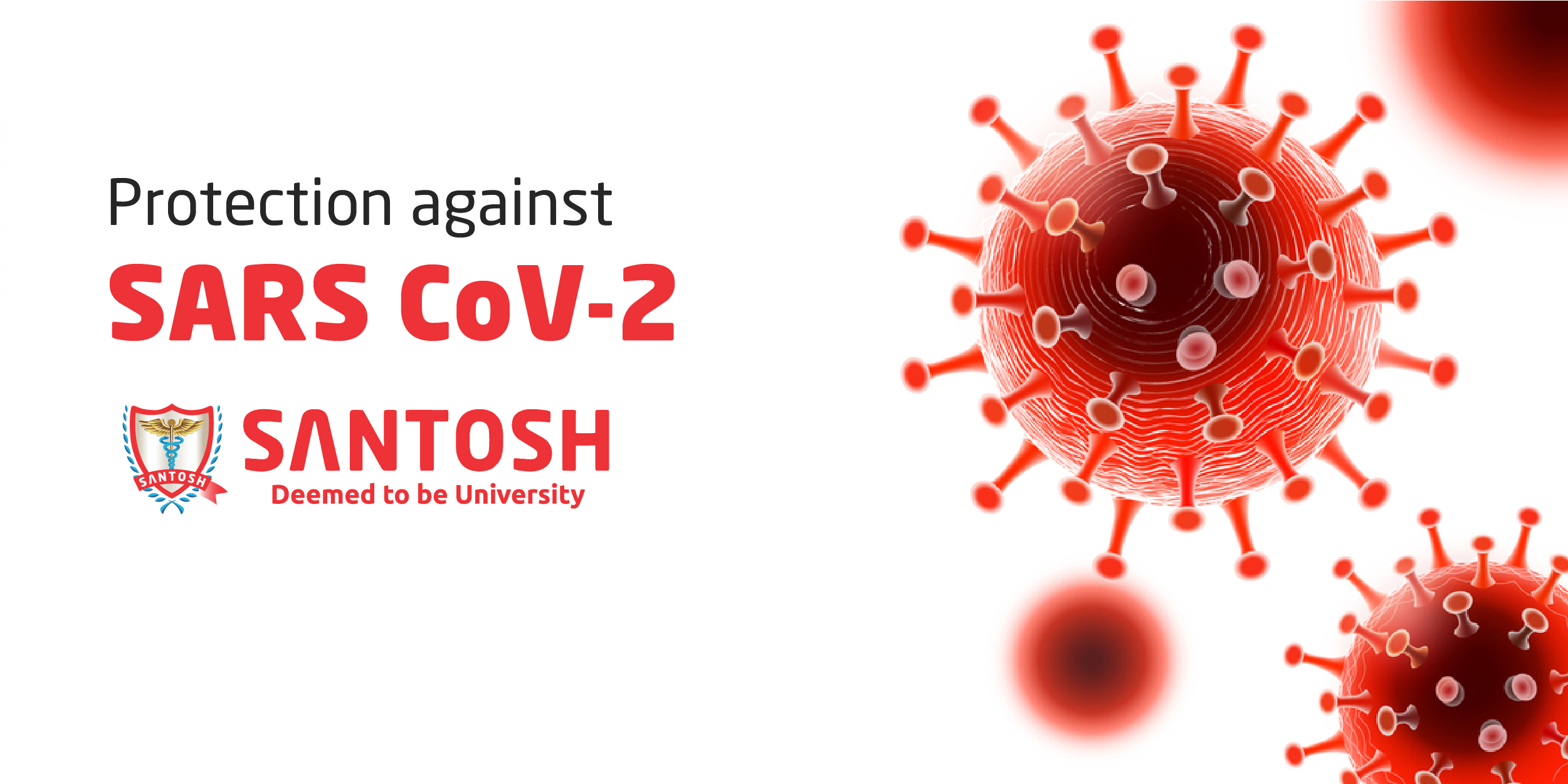As long as you wear a mask and don’t touch your face, eyes, or mask, the virus can’t enter you.
General rules
- Don’t touch anything and anyone. (Remember Sheldon Cooper)
- Don’t touch your face/ eyes.
- Most infections in health care workers are from other health care workers, not the patients. Even the index case might have got the infection from the community but the hospital being a crowded place, the infection spreads to other health care workers. So, maintain social distance from colleagues and work friends.
- Wear face-mask at all times and don’t touch your face-mask.
- Wash hands repeatedly during the day.
From Home to Hospital
- Don’t carry anything extra (Keys, Money, Card, I-card). If you are carrying food, carry in disposable bags if possible. Keep your stethoscope in your locker.
- Avoid public transport (bus, cab, auto) if possible.
- Don’t bring iPads or laptops. (We all know how much studying we do in the hospital, even when there is no pandemic).
- Don’t wear ornaments (rings, chains, ear-rings), unless you wash them with you while bathing.
- Use the water-proof pouch to carry essential stuff (phone, money, etc.).
Inside hospital
- Stay away from everyone. No handshaking/ hugging/ touching.
- Don’t interact with patients without PPE. Avoid performing the aerosol-generating procedure without adequate PPE and negative pressure ventilation isolation (CPR, intubation, bag, and mask ventilation).
- Don’t wander places you are not supposed to, like other wards (Adult ward,
- Pulmonology ward) etc.
- Don’t visit the hostel room for the day.
- Avoid hot-spots of catching infection i.e. common areas (mess seats and tables, duty rooms, doorknobs, seminar rooms, water-coolers). Wash your hands after visiting these places, if you have to.
- Make sure that surfaces of your duty rooms are wiped by some cleaning agents at least twice daily. Use disposable sheets for sleeping during night duties.
- Repeatedly wash hands/ use hand sanitizer.
- Avoid gatherings/ classes (should be stopped for the time being). Avoid taking group photos and selfies like after doing ward/ICU duties to post on Facebook with tags like warriors etc.
Back to home/ hostel
- Avoid public transport. Leave your stethoscope in the locker/car.
- Call your family member/ room partner to keep things ready for a bath - clean clothes, towel, etc. and a polybag. Ask them to keep two tissue papers on a table near the door.
- Tell them to open the door for you. Remove your shoes outside, separate from other family members.
- Keep your keys, cards, belt (avoid wearing if not necessary), etc on tissue paper. 5. Go straight to the bathroom. Wash hands, take bath (including head), brush teeth. Gargle, and clean your nose and ears.
- Keep your mask in a polybag and discard it. Dip your clothes in detergent for some time and wash them. Dip your hair clips, and spectacles in a mug full of water and soap/detergent/Savlon/Dettol and wash after 10 minutes.
- Clean your phone, cards, belt using alcohol/ bleach, and put on the other tissue paper. Discard the tissue paper and wash hands.
- If possible, maintain social distance at home like separate rooms, etc.
- Hospital officials/ senior residents/ consultants should ensure that work timings are not so bad that residents are too tired to care about caring for themselves.
- Hospitals could ration weekly small amounts of 75% alcohol (if its availability is a problem).
- Resident associations should be pro-active and protect resident’s rights if they are asked to work without appropriate protection. They can conduct surprise visits to see adequacies.
- Appreciate and Praise colleagues who are following safe behaviors.
